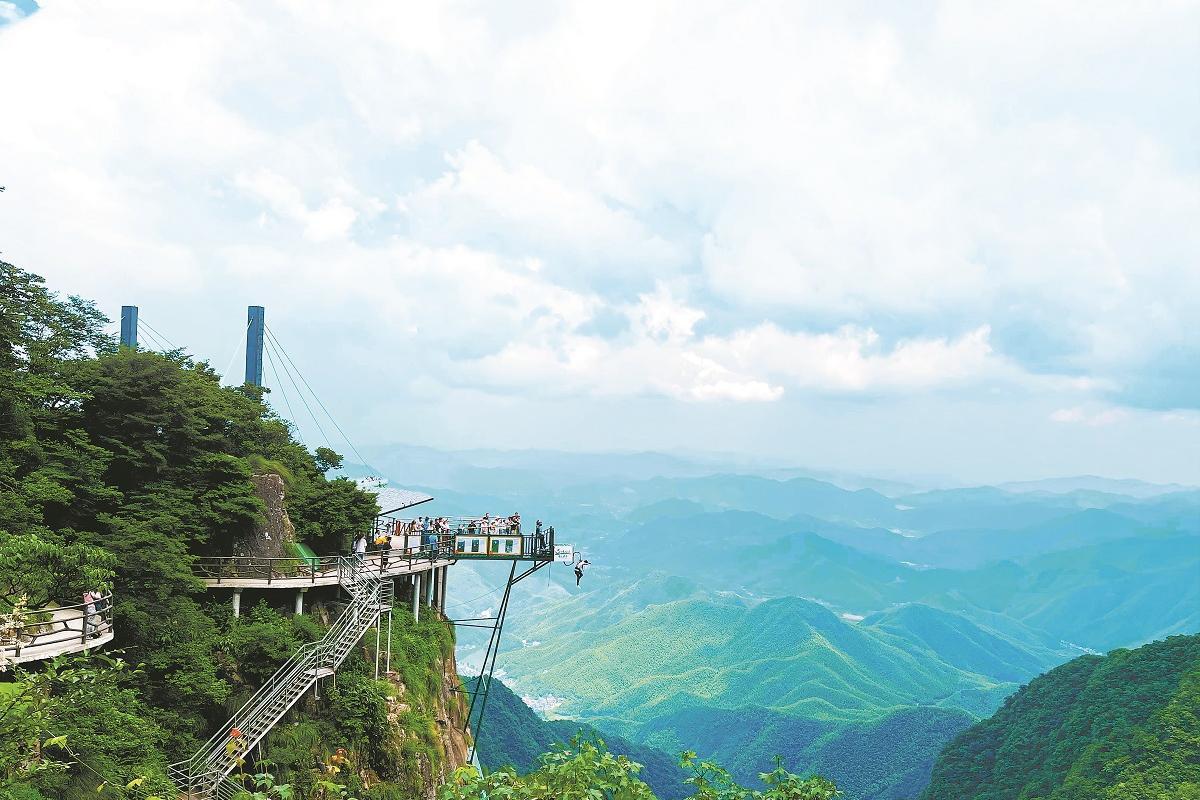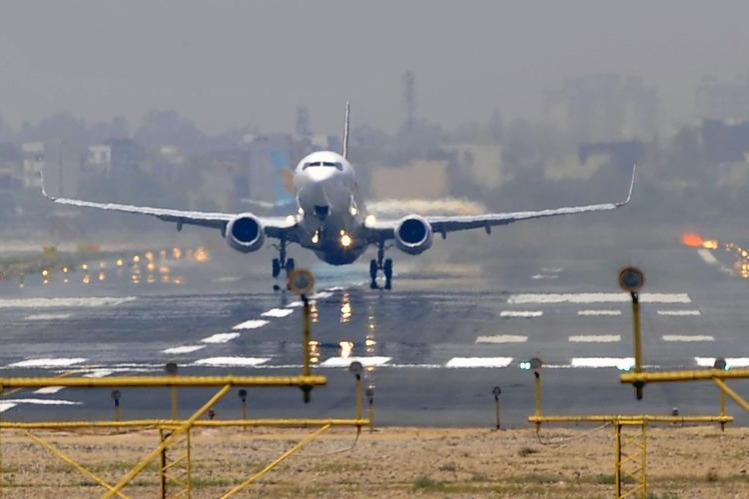Displaced Syrians struggle to rebuild lives amid debris

HAMA, Syria — In the flattened village of al-Hawash in Syria's central Hama Province, 40-year-old Fouad Ali swings a pick into the rubble where his home once stood.
Beside him, his six children gather smaller stones, clearing space for a canvas tent erected on top of the debris. Their hands grow dusty and their faces smear with sweat as they try to impose order on ruins that stretch across the horizon.
Although they returned four months ago, life amid the wreckage demands daily labor: cleaning, clearing and struggling in the hope of one day restoring their home.
Al-Hawash, once a modest farming community, has become a graveyard of broken concrete and twisted rebar. Where children once played in courtyards, they now balance on the shattered remains of collapsed roofs.
"We returned to the village and found it completely destroyed," said Marwan Shehadeh Atiyeh, 48, a father of four.
"We have absolutely no services, no water, no healthcare, no schools, nothing at all. And there is no authority that has provided us with support in any way. As you can see, the village is destroyed and without services whatsoever."
Ali said people face obstacles at every turn, from clearing rubble to securing clean water.
The most pressing concern is the absence of schools. Parents watch their children play on piles of debris, knowing the new school year is only weeks away and there are no classrooms.
Humanitarian agencies say al-Hawash is not unique. Across Syria, returning families are settling in areas with little to no infrastructure, driven by the pull of home despite dire conditions.
"In eight months, 2.3 million Syrians have decided to go back home," said Celine Schmitt, spokeswoman for the United Nations High Commissioner for Refugees' Syria office, referring to the figure since the fall of the former regime in December.
"Despite the challenges, despite the material hardships, they have hope for a better future. They want to be back home," she said.
In al-Hawash, life resumes tent by tent. Children carry plastic jugs to fetch water, weaving between jagged slabs of concrete. Families stack stones into rough walls to create a sense of privacy where roofs once stood.
Standing amid the ruins of his home, Atiyeh gazed at the tent behind him, his voice tinged with disappointment. "We came back because this is our home. But we cannot rebuild it alone."
Xinhua
Today's Top News
- Jimmy Lai found guilty of colluding with foreign forces
- Hong Kong court opens session to deliver verdict on Jimmy Lai's case
- China's economy posts steady growth in Nov
- Death toll rises to 16 in Sydney's Bondi Beach shooting
- Firm stance on opening-up wins praise
- World looks to new engines for growth in 2026






























